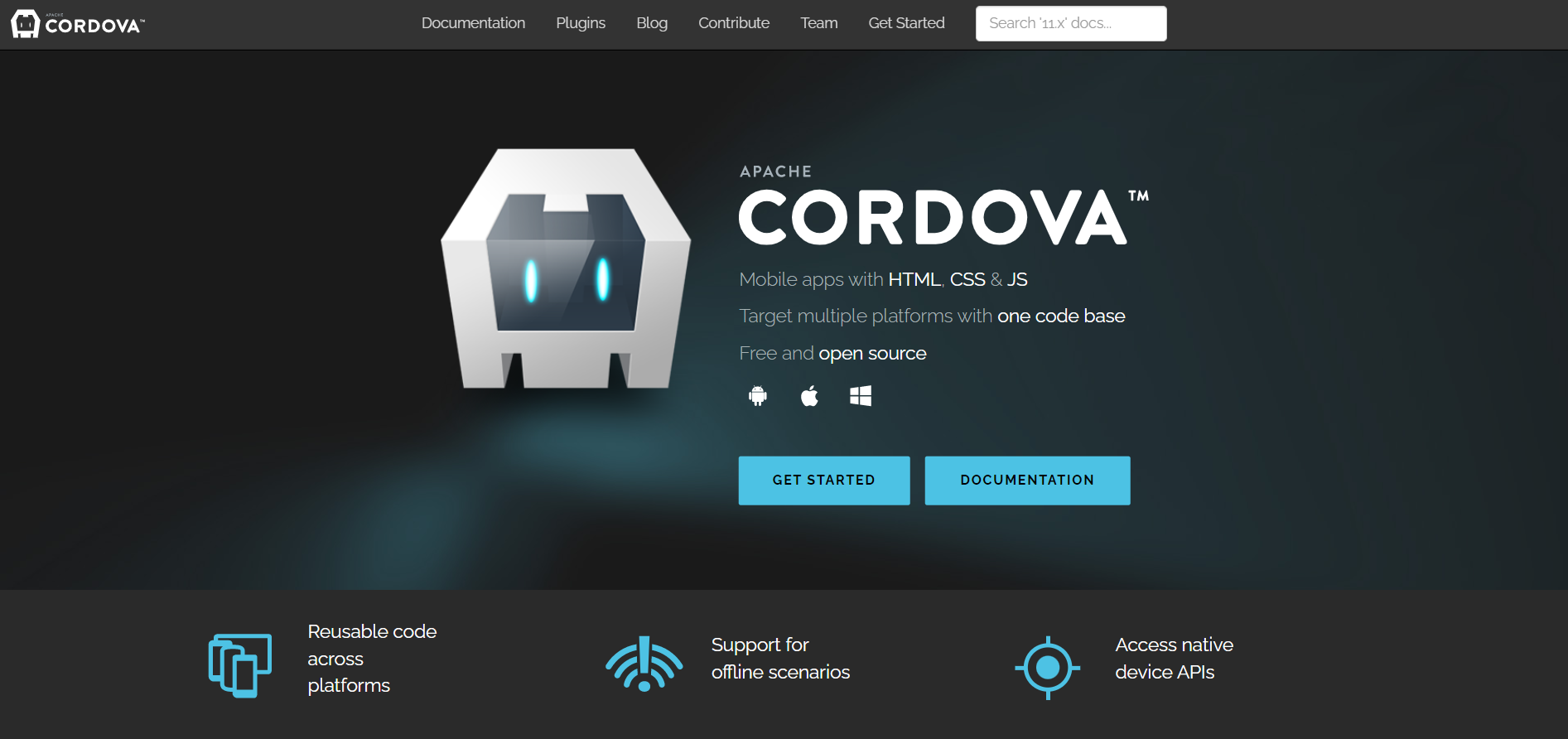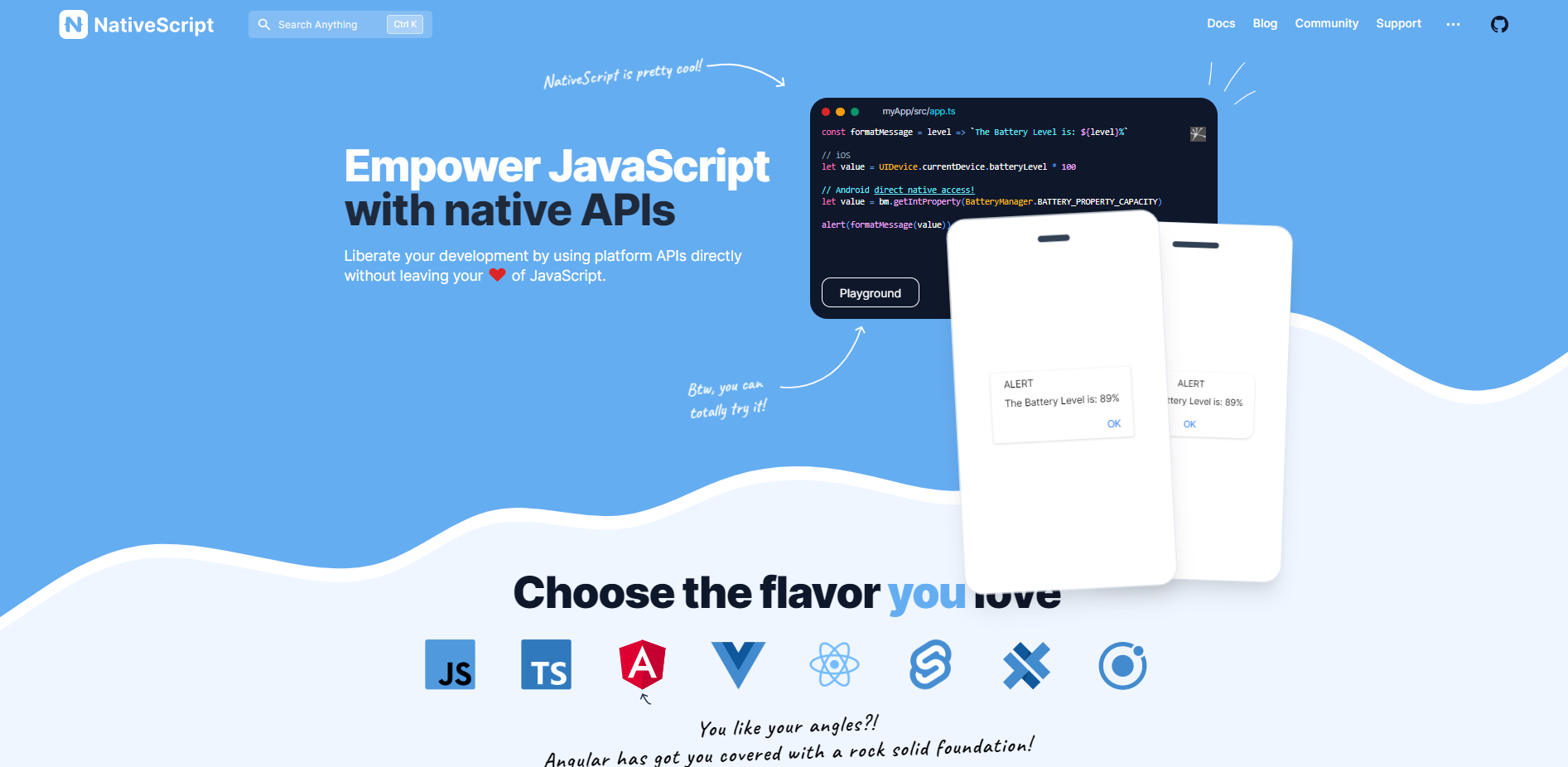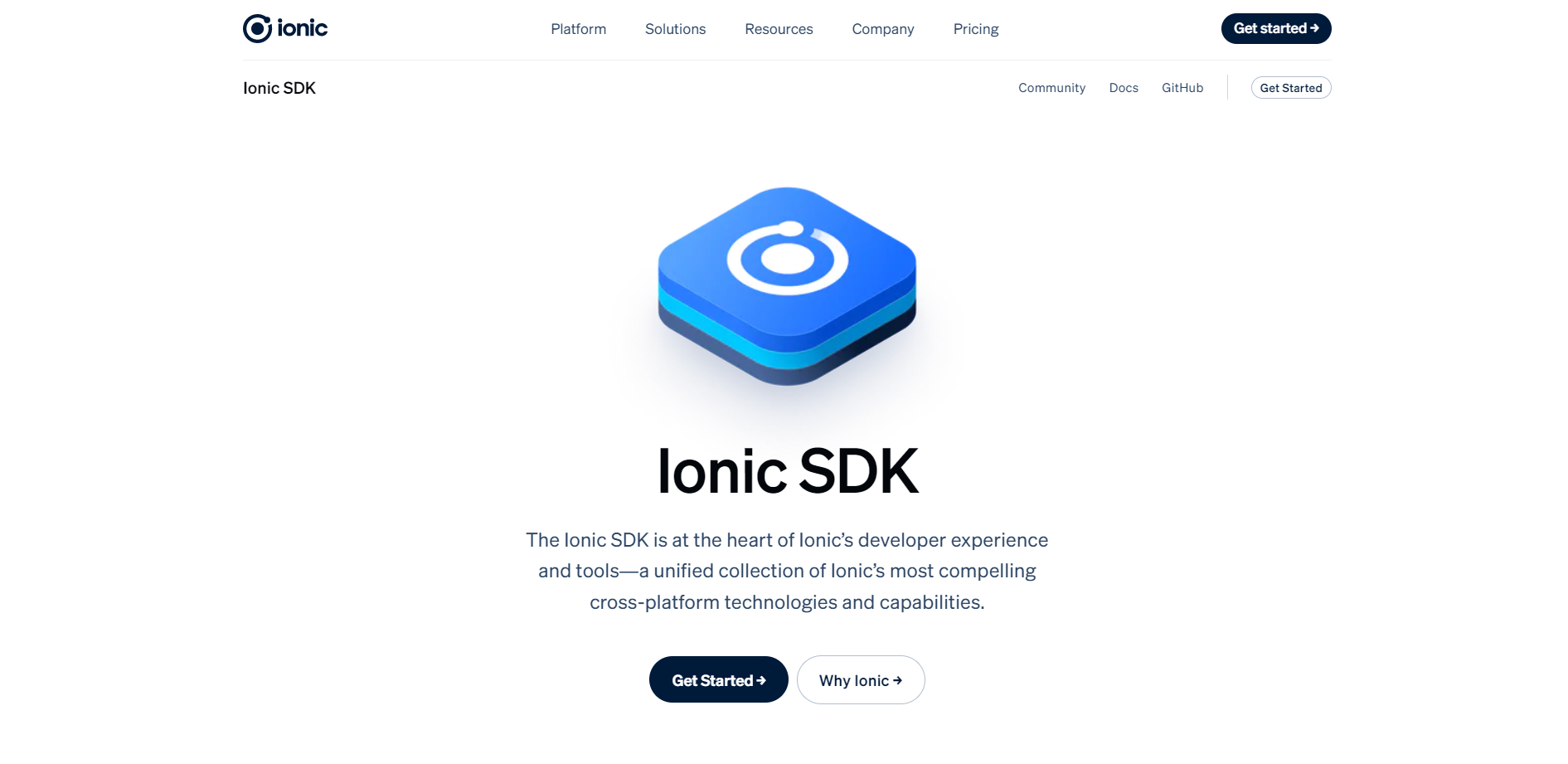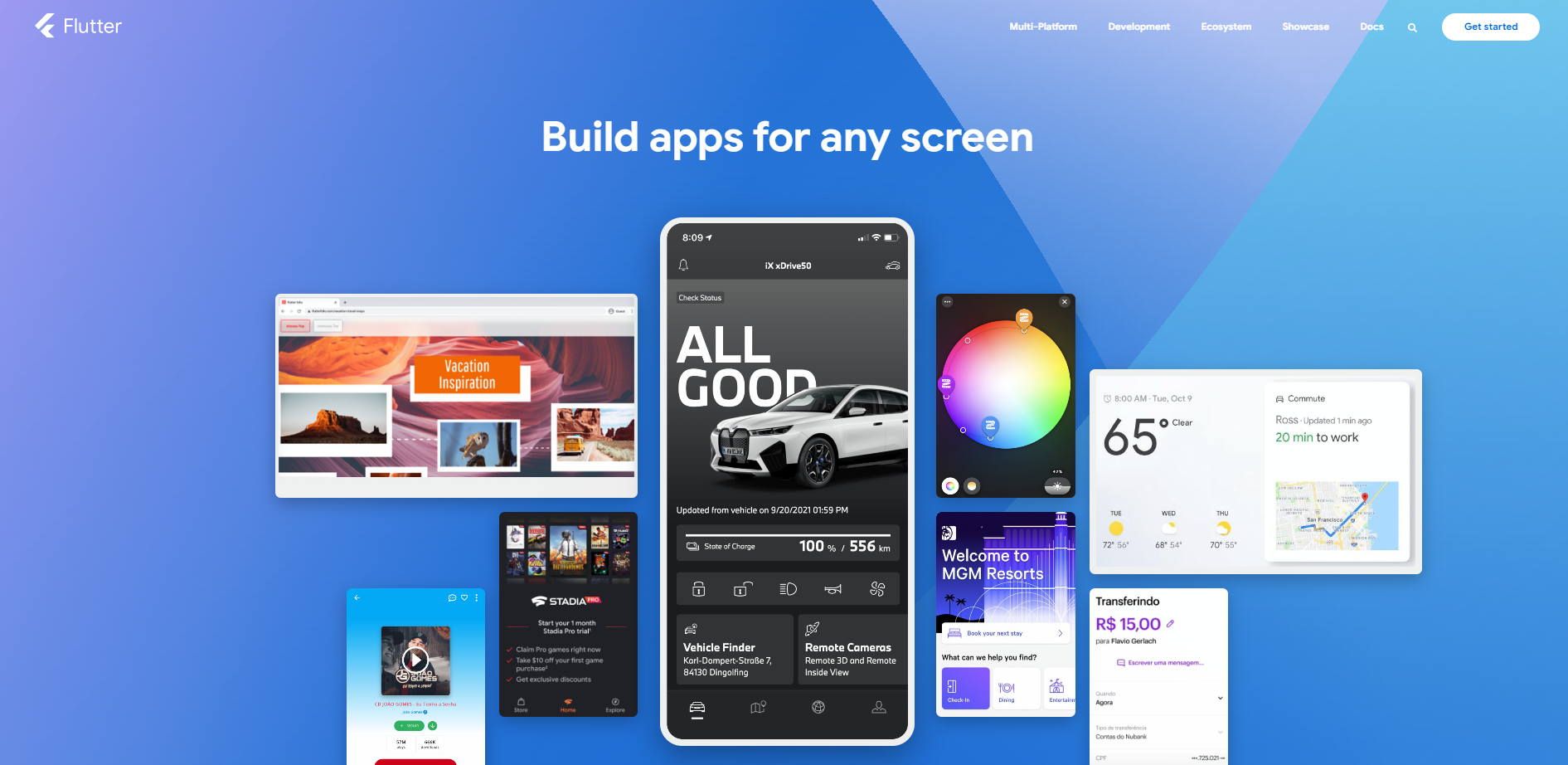Table of Contents[Hide][Show]
In conversations with their product and customer support teams, every mobile marketer has come across the abbreviation “SDK.”
What SDK stands for, though, is a question that few marketers have truly asked.
The term SDK, sometimes known as a devkit, stands for the software development kit.
It is a collection of programs and software tools used by developers to produce software for particular platforms.
A variety of resources will be included in SDK tools that developers can utilize and incorporate into their own applications, including libraries, documentation, code examples, workflows, and instructions.
Specific platforms or programming languages are intended for usage with SDKs.
Mobile SDKs can streamline tasks for developers as well as benefit the businesses that provide these packages. As was already said, using SDKs allows for time, staff, and financial savings.
Owners of SDKs can accelerate the adoption of their product because the “setup” expense is greatly decreased.
It is crucial that an SDK has several fundamental qualities, such as usability, thorough documentation of how the code operates, and pertinent functionality, in order to guarantee that it is valued and used by other businesses.
A good devkit should also integrate seamlessly with other SDKs without adversely affecting the device’s CPU, battery, or data use.
Every organization leader wants a mobile app to represent their company because of the need for and popularity of mobile applications. However, creating a new app demands a considerable time and money commitment.
What should I do next, then?
Alright, ok then,
Open-source app development tools are useful in this situation. We understand why open source is growing like wildfire. Open source software facilitates the speedy and economic development of excellent apps.

Based on our expertise, we’ve compiled a comprehensive list of the top free and open source kits for creating mobile applications. Feel free to evaluate the features and make a decision.
1. Apache Cordova
One of the best open-source app development kits is Apache Cordova, which enables you to create your own apps using languages like HTML, CSS, and Java.
With a single codebase, you can create effective apps that work across several platforms.
The key benefit of Cordova is that it enables cross-platform development using industry-standard web technologies like HTML5, CSS3, and JavaScript.

In this manner, you can hasten the creation of your app while avoiding the steep expenditures associated with native mobile development.
Depending on your end objective, there are two techniques you can use while developing using Cordova. Use Cordova’s cross-platform approach if you want to distribute an application to as many platforms as you can while minimizing platform-specific development.
The Cordova Command-Line Interface, a utility provided by the framework, serves this function (CLI). It provides a higher-level abstraction for setting up and creating cross-platform applications.
Pros
- It is recognized for quick testing and development
- It supports using a single code base across several platforms.
- It offers quickly debugging and building.
Cons
- Less interactivity exists in the user interface.
- It can’t be used by those who don’t understand programming languages.
2. Native Script
NativeScript is a popular open-source mobile app software development kit that allows you to create apps for both Android and iOS devices using the same codebase.
NativeScript enables the development of native mobile apps using JavaScript, Vue.js, Angular, and other programming languages.

This program allows you to reuse SDKs, plugins, and templates while developing mobile apps and open-source Android apps.
It has an active community that provides app development help and services.
NativeScript, one of the greatest Android app development tools, allows you to design apps with interfaces that adjust to the user’s screen or device.
Pros
- It allows for cross-platform integration.
- It performs more quickly than its competitors.
Cons
- The frequent upgrades provided by free mobile app development tools make it difficult to become accustomed to a single version.
3. Ionic SDK
The Ionic open-source mobile app software development kit allows you to create mobile apps for several platforms, including Windows, Android, and iOS, with a single codebase.
The free edition of Ionic app development tools is also appropriate for creating interactive, cross-platform apps.

Apps built with Ionic offer the same level of interaction across platforms, with the flexibility of reusing UI components.
With Ionic’s free mobile app development platform, you can build and test apps more quickly.
It is compatible with Angular, Vue, and Javascript. Ionic’s library has over 100 plugins for creating apps with various capabilities.
Pros
- The user is given a variety of integration choices.
- It includes many different integration capabilities.
- It enables the creation of Cordova-based apps.
- the best software kit for creating hybrid applications.
Cons
- Not available for hot reloading.
- The premium structure includes a lot of features.
4. Flutter
One of the open source tools for creating mobile apps is called Flutter, and it works well for creating hybrid apps.
You can build applications for the web, mobile devices, and desktops using a single codebase thanks to Google’s UI toolkit.
It supports writing in C, C++, and the Skia Graphics Engine. It is prepared to ease the burden of the development process with the hot reload capability.

The UI of Flutter offers customer customization for unique designs.
You can easily develop an app interface thanks to the hot reload capability. For the best native performance, the software system’s widgets take into account all significant platform variations, including icons, scrolling, navigation, and typefaces.
Google has launched video training for Flutter to aid you in app development.
Pros
- UI is adaptable.
- Within a few seconds, native interfaces are built.
- Utilizing accessible channels, plugins can be produced.
- Fully customizable widgets for quick native app development
Cons
- The library’s holdings are not very extensive.
- lacks the ability to use device-specific APIs, such as Bluetooth, GPS, etc.
5. Xamarin
Microsoft established Xamarin in 2011 as a free and open-source toolkit for creating mobile apps.
It is a collection of tools that enables programmers to create programs in one programming language for a variety of operating systems, such as Windows, Android, and iOS.

The adoption of the C# programming language is one of the factors contributing to Xamarin’s popularity.
In addition, the Xamarin Test Cloud enables automated app testing on almost 2,000 actual mobile devices.
You can use Microsoft’s components and services with the free Xamarin app development tools.
You can create apps with a common codebase by utilizing Xamarin forms, an open-source framework.
Pros
- Microsoft powers it, thus it is a high-performance piece of software.
- It enables you to create beautiful applications.
- Native applications are created using the free app development tool Xamarin.
- working with two programming languages gives you versatility.
Cons
- not appropriate for making gaming apps.
- It needs more resources to handle yet has more bugs.
Conclusion
Which kinds and actual SDKs you utilize will vary depending on your project.
When deciding whether to add a new SDK, take into account how much the app’s download size will increase, how often you’ll really use the features it provides, how well-known it is, its documentation, etc.
You can use the five most well-liked mobile software development kits that we covered in our discussion for your next mobile application.
Happy coding!





Leave a Reply